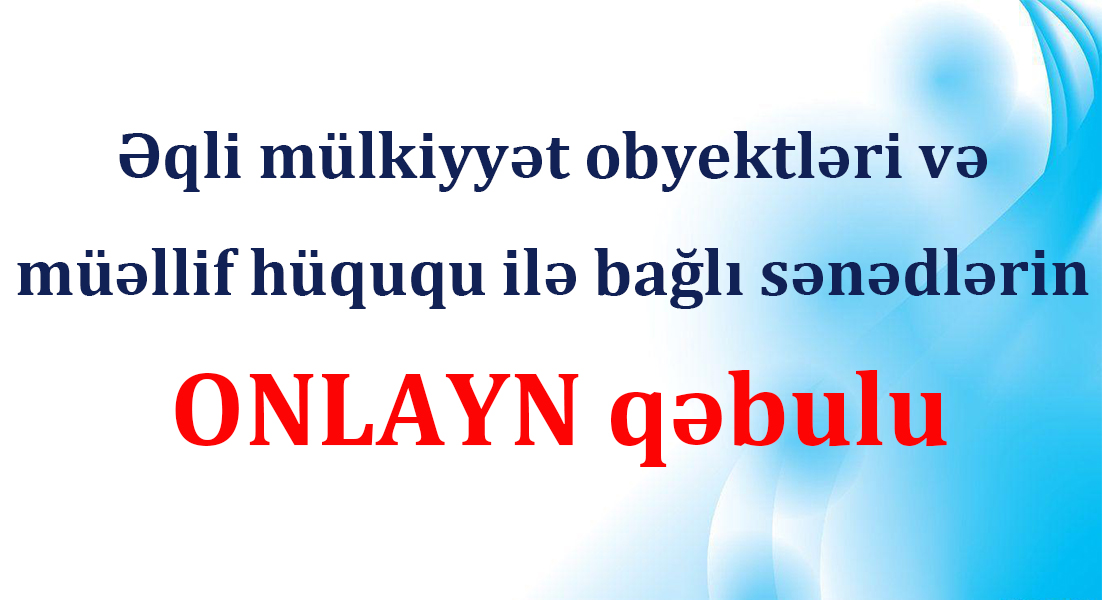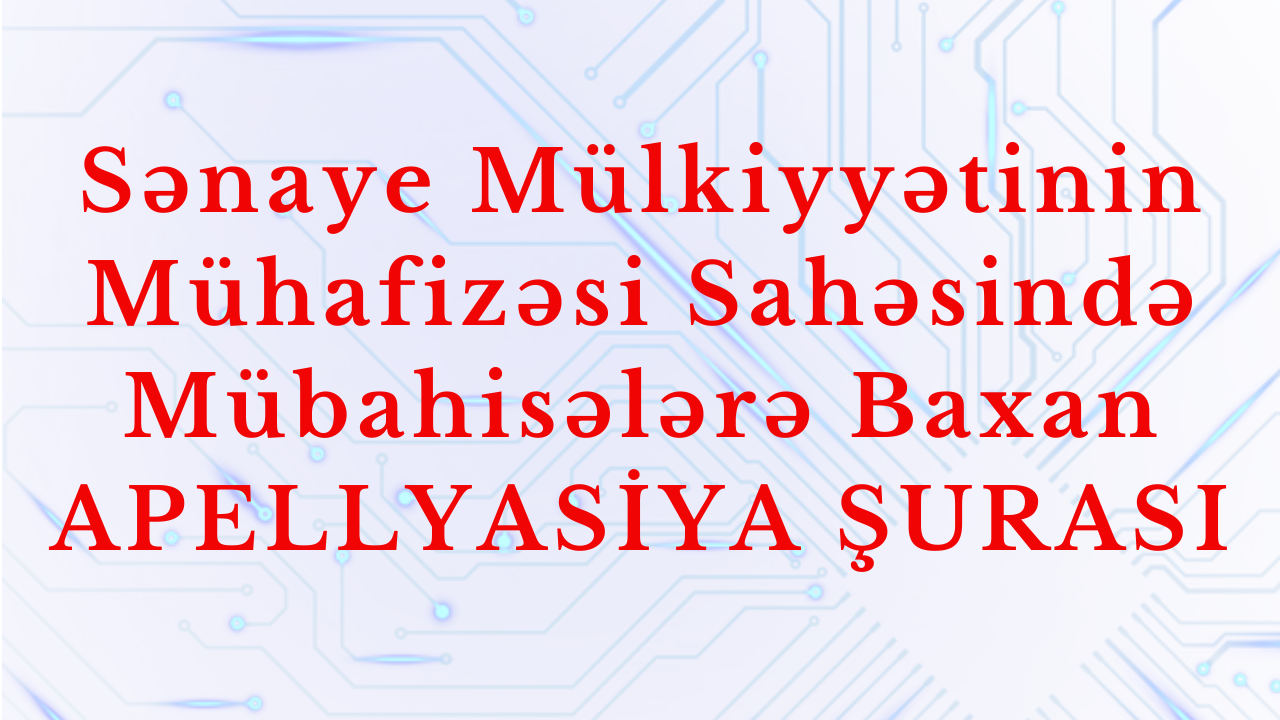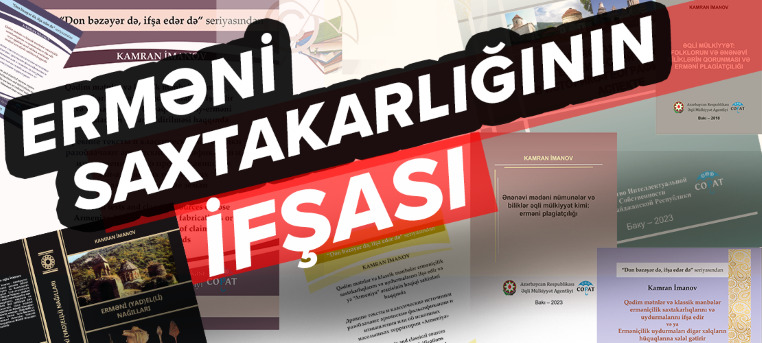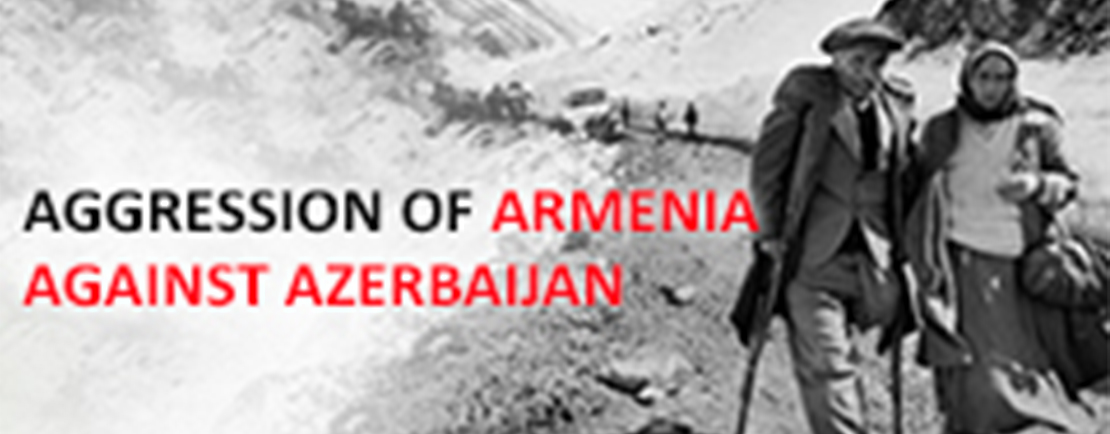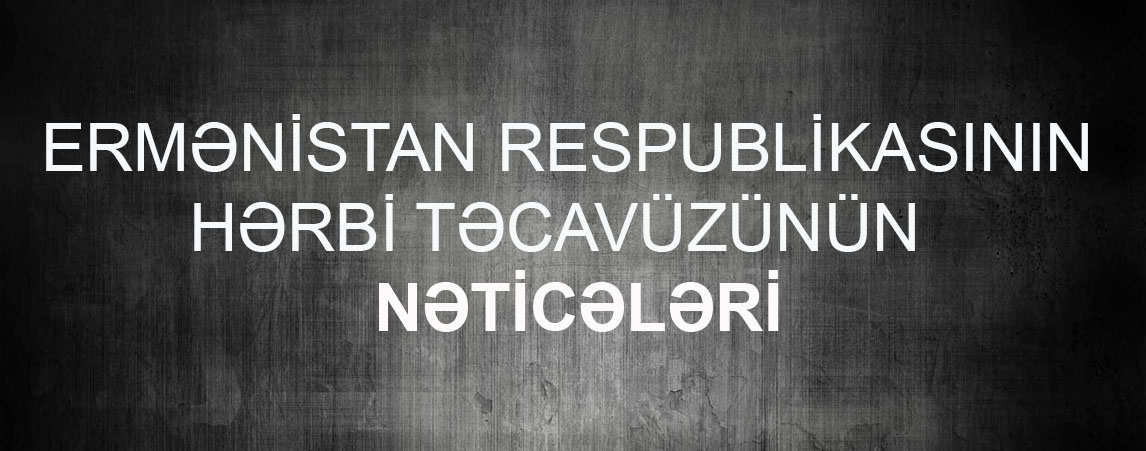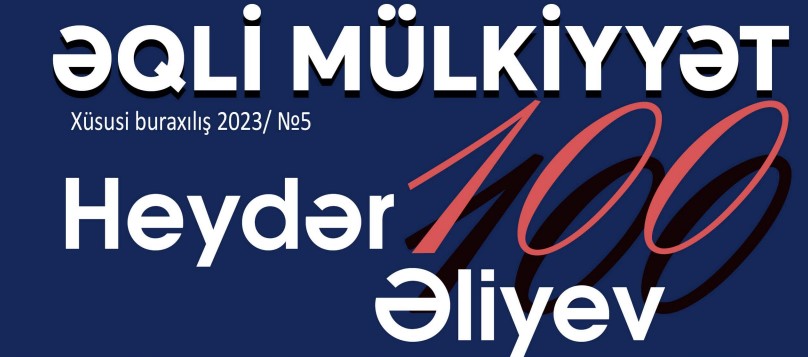Dr. Kamran Imanov: The word "Arsak" has no relation with Hay-Armenians
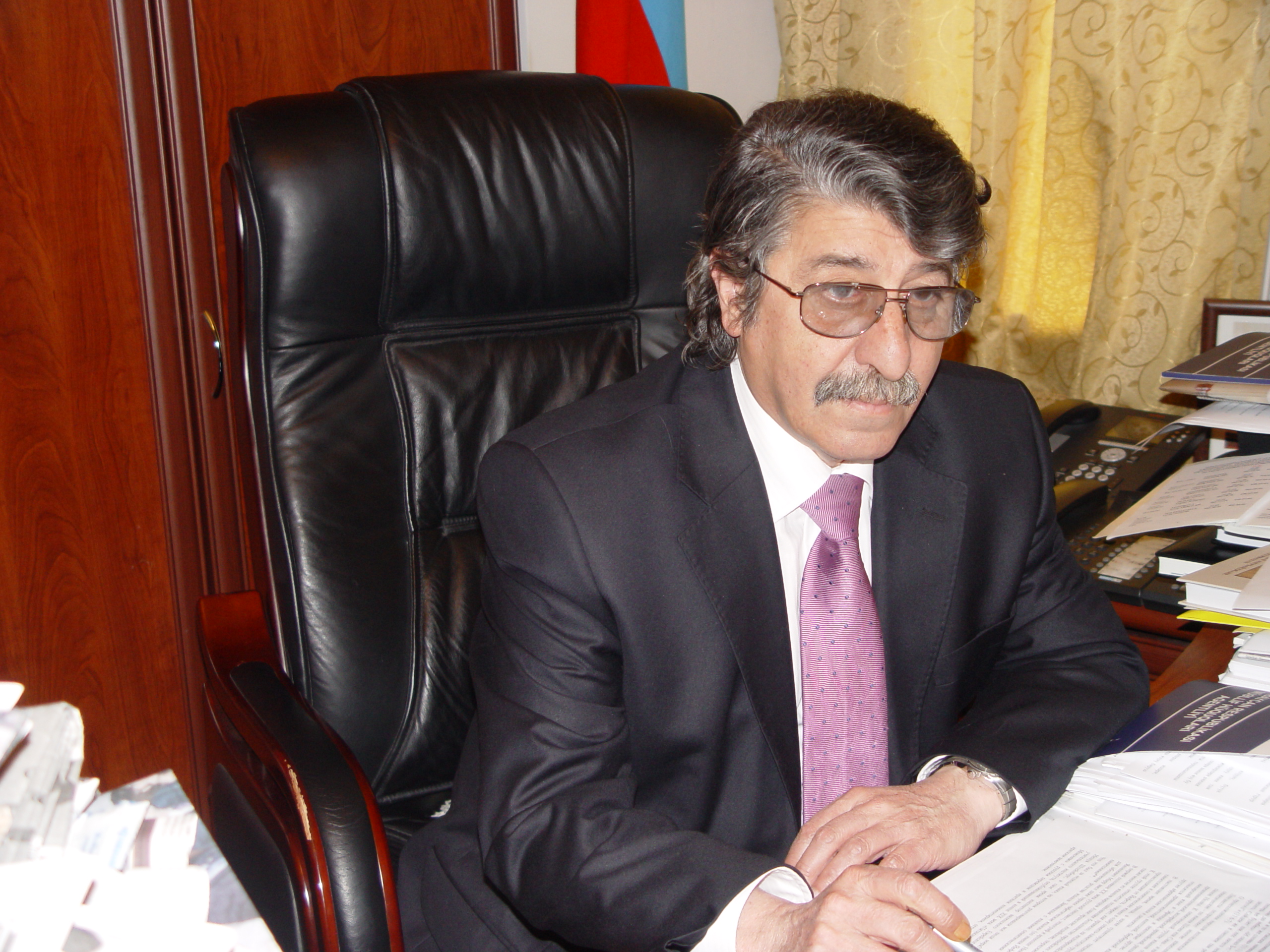
The etymology of the word "Arsak" has been hotly debated in the media and social networks in recent days. Taking into account the urgency of the issue under discussion and the different views expressed in this regard, we appealed to Professor Kamran Imanov, Chairman of Board of Intellectual Property Agency, the author of numerous scientific studies in this field.
Question: Mr. Imanov, as we know, the Intellectual Property Agency regularly fights against the theft, misappropriation and misrepresentation of works, folklore and other intangible cultural heritage belonging to the Azerbaijani people by Armenians for many years. Misappropriation of the etymology of the word "Arsak" is also a manifestation of such "activity" of the Armenians. Your opinion in this regard would be interesting for the public.
K. Imanov: I have my own thoughts on the issue under discussion. At the root of this is the long-standing opposition to Hay-Armenian plagiarism, Armenian fabrications and fraud, and the need to bring to the attention of the world community their research on exposing the Hay-Armenian tradition in the misappropriation of Azerbaijani cultural traditions. I want to say that our position against the encroachment on the tangible and intangible cultural heritage of our people, whether monuments and historical buildings, works and folklore expressions, musical instruments and carpets, as well as toponyms and historical place names, in short, on all types of intellectual property, must be based on legal, historical, etymological foundations, ancient texts and classical sources.
Question: Mr. Imanov, in 2018 in occasion of World Book and Copyright Day an international Conference “Ancient texts and classical sources expose Armenian forgery and fabrications” dedicated to 95th anniversary of National Leader Heydar Aliyev and 100th anniversary of Azerbaijan Democratic Republic was held. In that event you made a wide presentation on the topic of "Ancient texts and classical sources expose Armenian forgery and fabrications or about the real inhabitants of the territory of" Armenia "", and later this presentation was published as a book. Would you please give a scientific-historical explanation of the toponym "Arsak" in ancient Albania, based on ancient sources?
K. Imanov: It is known that Arsakh / Arsak was a province of Caucasian Albania, however, we quite rightly use the word "Arsakh" in quotes when talking about a so-called organization - this establishment is not recognized by any state or international organization. Interestingly, in Hay-Armenian thought, the word "Arsakh" is used instead of the word "Karabakh" of Azerbaijani origin, and they even don’t think that this word is also of Turkic origin and is rooted in the name of "saka" - a combination of Turanian tribes. "Arsak" is fully "Er" + "Sak / Saq" (Saka man, warrior Saka) connected with the names of the first and subsequent rulers of the Parthian state, the Arsak dynasty, which established a powerful state. It is no coincidence that the name Arsak was a synonym for the word "emperor" in Rome, as well as a symbol of tsarist rule in the ancient East. The word "Sak / Saq" is used in M. Gashgarli's "Ancient Turkic Dictionary" and, according to G. Canson's "An Etymological Dictionary", in the sense of "sober", "vigilant", "brave", and thus "Arsak / Arsag" is sober, vigilant. warrior (man), meaning "a warrior (man) capable of defending something". The Turks called the vigilant brave "sak er" and Arsak is its inversion form. Thus, the name "Arsak" means "vigilant warriors" or "saka warrior". This type of etymology is consistent with the opinion of the famous Iranian scholar Richard Fray (Richard Fray "Nasledie Irana", M., Nauka, 1972). Fray believed that "arsän", "ar / er", means man, hero. The second part of the word "arsän" "sän" is also used in M. Gashgarli's dictionary as "sak / saq". The Hay-Armenians or Persians word Si-Sa-kan is also associated with Turanian Saks. Because in ancient Chinese texts Su / Se (So / Si) is given as the name of the Central Asian main tribe of Sakas. Thus, Si-unik = Si + unik (ie "unik" means "akan") = Si principality, as well as Si + Sakan = Si Sakas.
I should also note that our famous folklorist Mirali Seyidov used to explain the word "sak / saq" in the sense of "arrow". M. Khorensky, considered to be the father of Hay-Armenian history, wrote that "Sisak is a skilled archer and calls his country Syunik by his name, but the Persians call him Si-sakan more precisely". Here, "sak" means arrow, the tip of the arrow, I remembered that "Siyuni / Siuni" also has the same meaning in ancient Armenian, but the Persian word "Sisakan" is "Si" ("si") - (three, in Middle Persian), together It means "three arrows". These, as we know, were the names of the Turkic-Oghuz tribes – Üç ox (three arrows), Doqquz ox (nine arrows), Boz ox (gray arrow). The Shamshadil in Azerbaijani is an adaptation of Georgian word Shamshvilde - Shamisholda to the Turkish language and has been used since the Middle Ages to mean "three arrows". In ancient Mesopotamian cuneiform writings, "sak / saq" was understood as "leader" retaining the same meaning. In Russian, "saqaydak" means "arrow bag" ("kolchan") which received from Turkic. Thus, if we take "sak / saq" in the sense of an arrow, "Arsak / Er-saq" can be opened as "archer".
Thus, the word "Arsak / Arsak" has no relation with Hay-Armenians.
Day.Az (23 September 2020)


